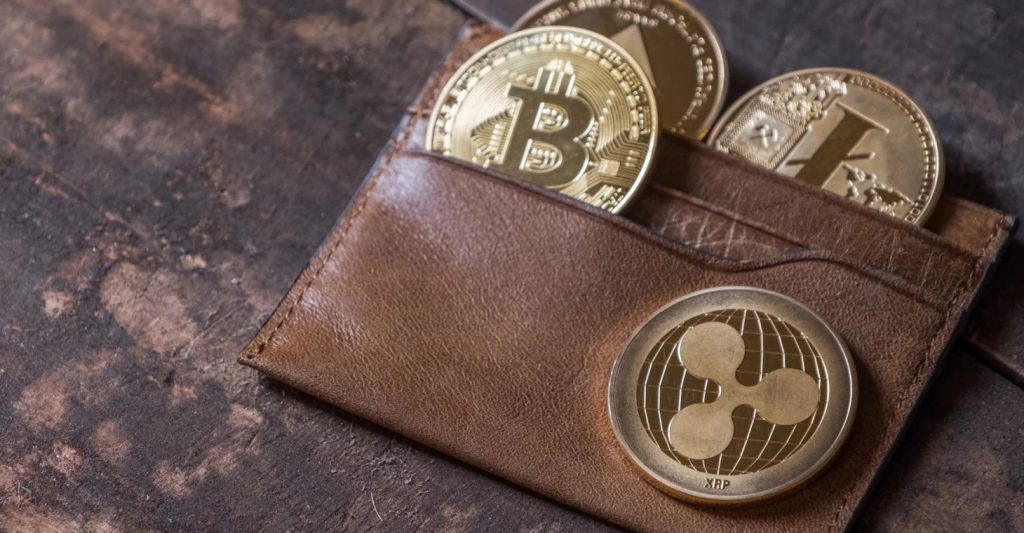
Crypto-wallets: Cryptocurrency storage
Like any money, cryptocurrency needs to be stored somewhere. Apart from traditional wallets and online wallets, there are special wallets designed for storing cryptocurrency. With these wallets, you can not only praise cryptocurrency, but also get it from various sources and make payments.
The crypto wallet is accessed using public and private keys. The wallet owner can provide the public key to people who want to make a payment to their wallet. It is essentially the equivalent of a checking account. With a private key, the wallet holder puts a digital signature if they need to transfer their own money somewhere.
Types of crypto-purses
Crypto-purses are divided into ‘cold’ and ‘hot’ wallets depending on their functions. If one needs a wallet that can be accessed at any time, one resorts to using internet-connected “hot” wallets: online and software wallets, as well as wallets “tied” to various exchanges. “Cold” wallets are offline storage in the form of various storage devices or as a piece of paper with a qr code address printed on it and a private key that allows access to the cryptocurrency.
Hardware wallet
A hardware wallet is considered to be the safest way to store digital money. There are several varieties of these wallets available. In particular, there are wallets that are compatible with web interfaces and allow you to store not only cryptocurrency, but also regular money. Such wallets can be used by their owners to make online payments.
A hardware wallet isn’t cheap: the cheapest versions start at $79. Owners also need to be careful to protect their wallets from loss or theft. The number one manufacturer of hardware wallets is considered to be Ledger. There are other manufacturers as well. Purchasing a hardware wallet, you should buy it exclusively from the manufacturer. Otherwise you can buy a wallet, “finalized” by dishonest people. And you will end up losing your assets.

Custodial – cryptocurrency wallets
Cryptocurrencies are also divided into custodial and non-custodial. Custodial – cryptocurrency wallets where a third party (custodian) ensures the safety of assets. The unquestionable advantage of such wallets is the possibility for the user to restore the wallet password or key in case of loss with the help of the custodian.
Custodial wallets are often used by cryptocurrency exchanges and brokerage services. Having such wallets available to users is optimal for these resources.
Disadvantages of custodial wallets
However, users who decide to have a custodial wallet should keep in mind that having third-party control over their assets is not only an advantage, but also a serious risk factor. A dishonest custodian can simply steal the trustee’s money, as was the case with the cryptocurrency exchange Thodex in 2021. Its employees stole a total of around $2 billion from users. Also, custodial online wallets can be blocked due to economic sanctions against a country.
Non-castodial wallets include hardware wallets as well as some types of online storage. Such wallets are considered the best option if cryptocurrency is seen as a means for long-term investment. The main drawback of non-custodial wallets is their vulnerability to hacker attacks, as well as the inability to regain access to funds if a private key and recovery phrase are lost.
Non-custodial crypto-purses are also paper wallets. These are ordinary pieces of paper with a QR code and other access parameters printed on them.





